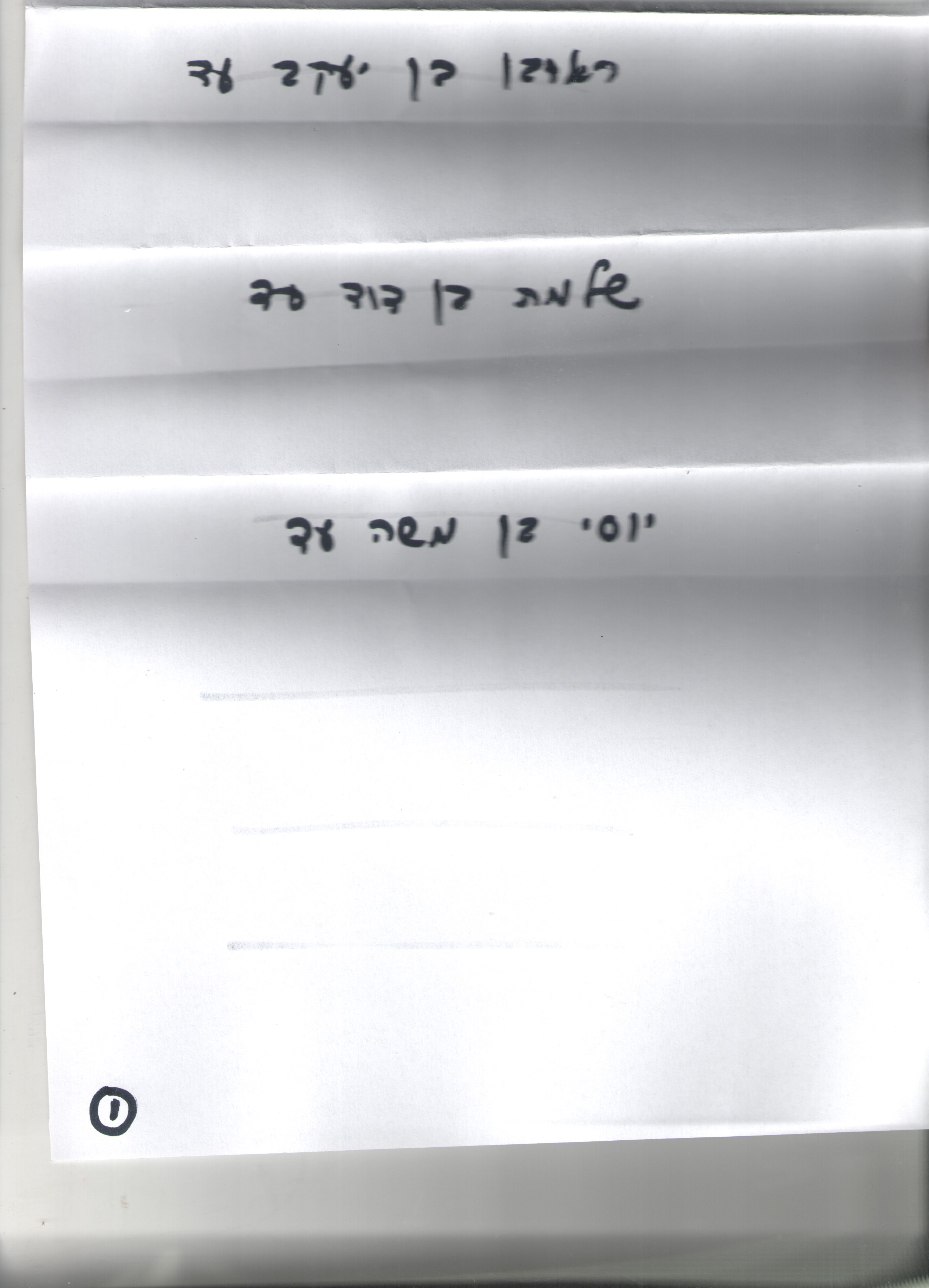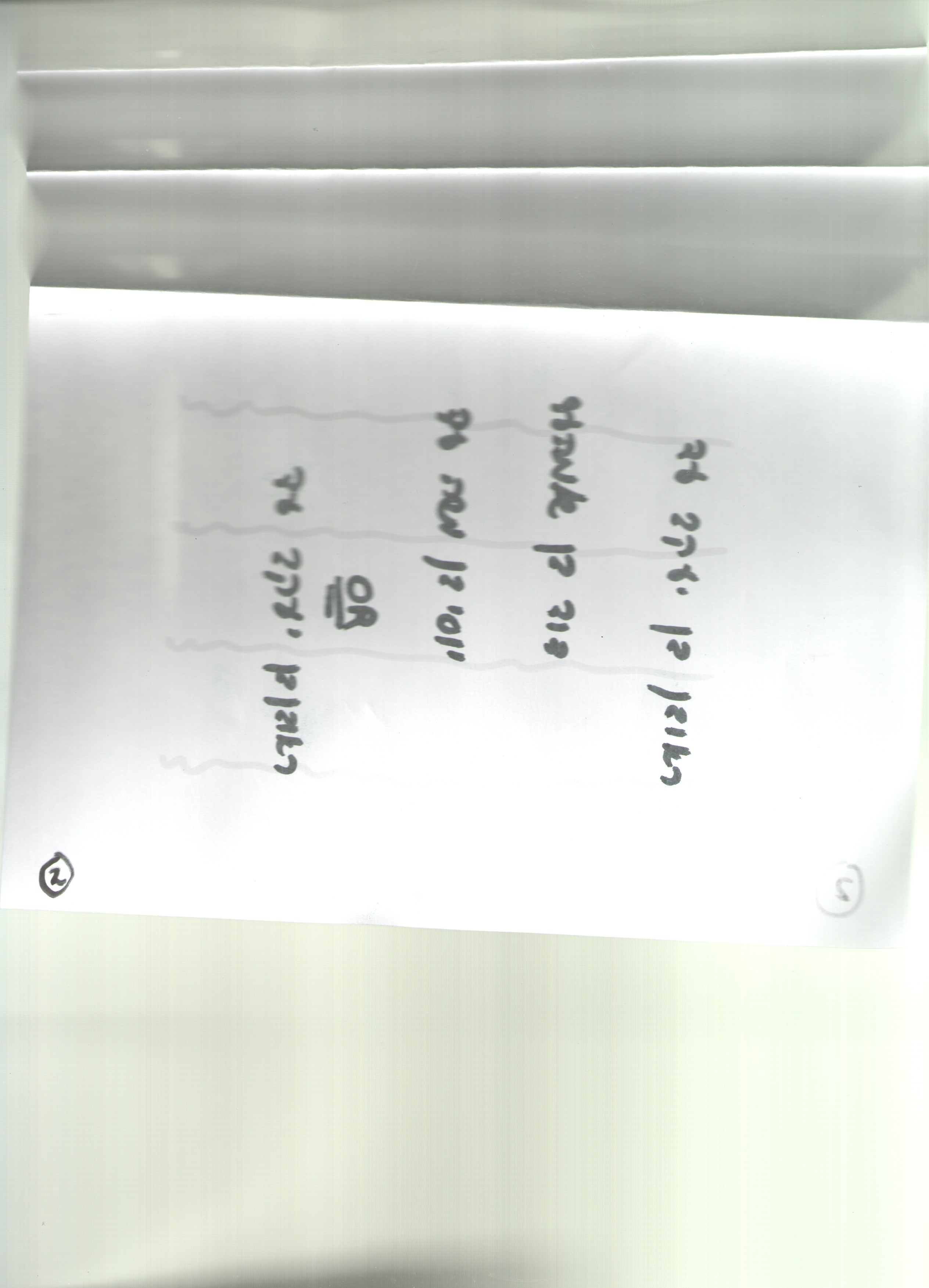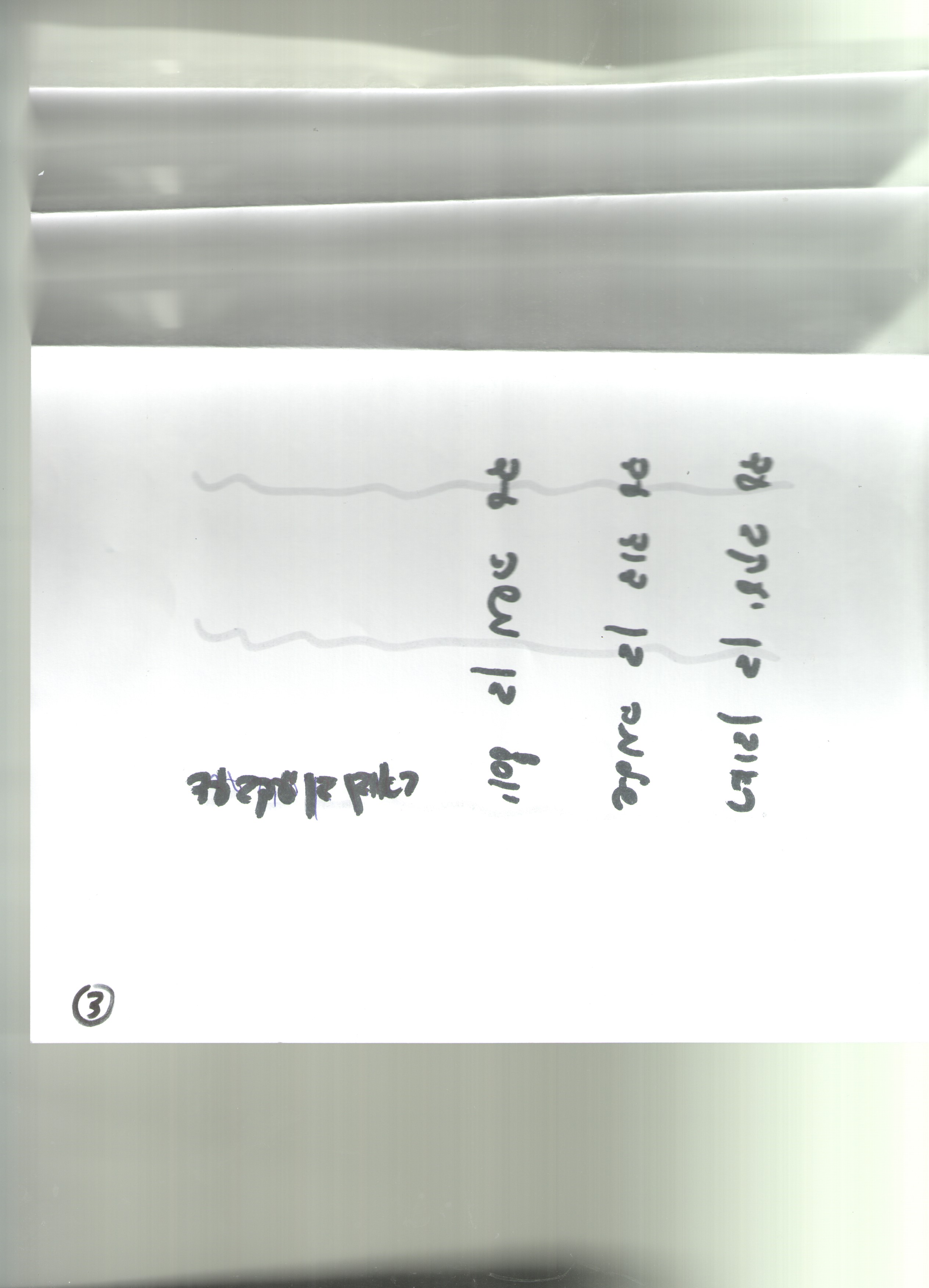Rashbag’s opinion in the mishna is discussed – what was he referring to when he said, “it goes by the local minhag?” In what case does he disagree with Tanna Kamma? Why does the mishna need to specify that one witness in a get pashut is invalid – isn’t that obvious? Two answers are brought. According to one answer, the case is where there is one witness on the document and one who is not signed on the document but testifies about what is written in the document. There is a debate about whether or not this case is valid. One opinion brings as his proof a story relating to Rabbi Yirmiya and how he was allowed to reenter the Beit Midrash after being kicked out. There are four versions about what case the story related to. The mishna discusses cases where there is a contradiction in the amount of money mentioned in the document. Depending on the situation, there are different ways of deciding which amount is “correct.”
Podcast: Play in new window | Download
Subscribe: Apple Podcasts | Spotify | RSS


